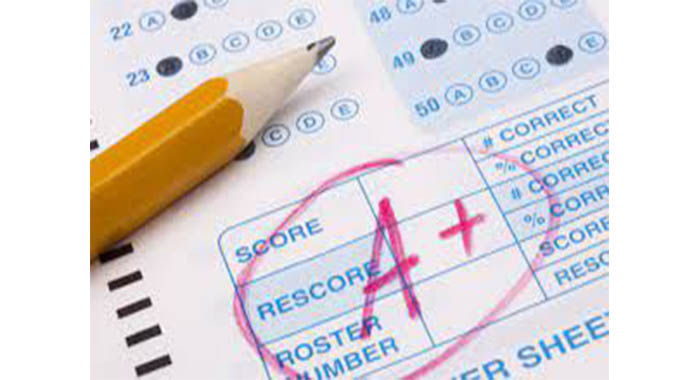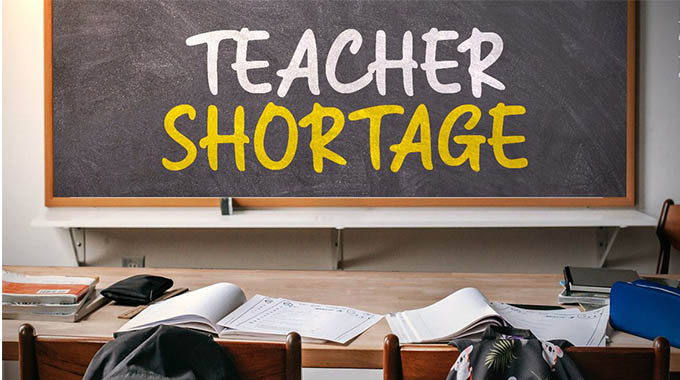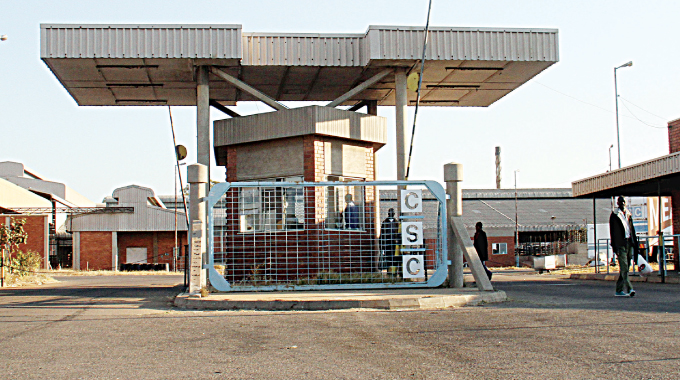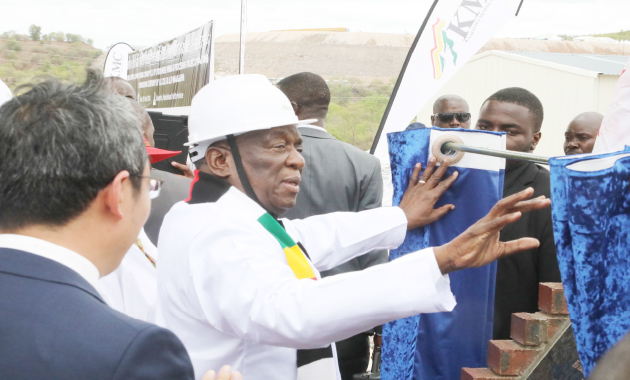COMMENT: We say no to zero pass rates
SCHOOLS reopened yesterday for the second term and the Ministry of Primary and Secondary Education has vowed to end zero pass rates in schools.
For the first time since the outbreak of Covid-19 in 2020, the opening day for schools has not been disrupted by the pandemic. In the past Government had to defer the schools opening day due the spike in Covid-19 infections but this term has not been affected.

Primary and Secondary Education Ministry director of communication and advocacy Mr Taungana Ndoro said as schools reopen, the education sector will seek to address the issue of zero pass rates recorded in some schools, particularly those in rural areas.
Mr Ndoro said the drive towards ending zero pass rate will be achieved gradually, although he did not give the actual deadline when it will be achieved.
In a paper titled, “Quality Rural Secondary School Education in Zimbabwe: Challenges and Remedies,” Mandina Shadreck notes: “Zimbabwean rural areas are characterised by various challenges that negatively influence the delivery of quality education such as poor socio-economic background, lack of basic infrastructure for teaching and learning, the problem of attracting and keeping qualified teachers in rural schools, poor funding and limited resources.
Furthermore, the low status accorded to the teaching profession, poor salaries of teachers, inadequate accommodation, limited career and professional development opportunities as well as poor working conditions were cited as obstacles to quality and effective teaching.

Financial bonuses – Image taken from Gettyimages
“In order to address challenges to achieve quality education in rural schools the following strategies were suggested: awarding financial bonuses, incentives and a hardship and retention allowance to teachers who are willing to teach in rural areas; provision of adequate physical infrastructure in the schools; provision of scholarships for teachers seeking to further their education and ensuring that teacher training institutions should have programmes to prepare teachers for the conditions of rural teaching.”
This study is spot on, teachers in rural areas deserve financial incentives and well as decent accommodation. Currently, teachers shun rural schools. The more remote and undeveloped the school, the less teachers want to work there.
Zero pass rates are mainly as a result of the shortage of teachers in remote schools. Making teachers comfortable with working at these schools will go a long way in improving pass rates.

It is ironic that those who need education the most are the ones who receive it the least.
Addressing zero pass rates is a noble move by Government that will go a long way in ending the cycle of poverty and developing rural communities.
A zero pass rate should never be accepted as it is a failure of the education sector and not individual learners.
Teachers who managed to record a 100 percent pass rate must also receive a performance bonus. There are many teachers out there who are making a difference but whose efforts are going unrecognised.
Also, teachers must be trained in using indigenous languages to explain complex concepts. Most countries with good education systems are able to teach in their mother languages.
This way the learners are able to understand fast and later develop great innovations during their productive years.
All children have a right to education and must be also to feel and witness inspiring new technologies.
We say no to zero pass rates.











Comments